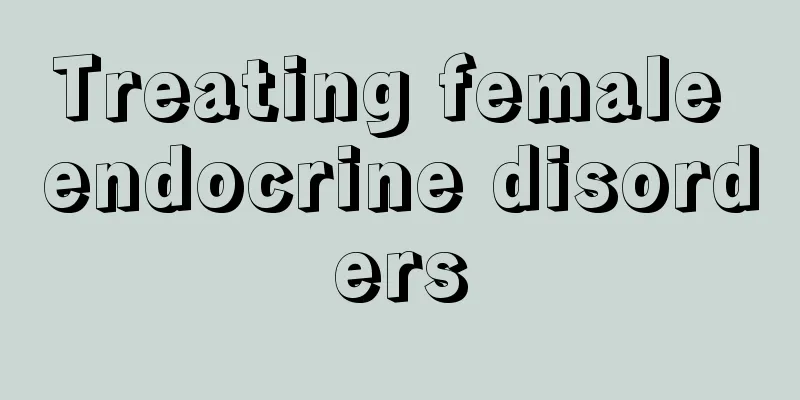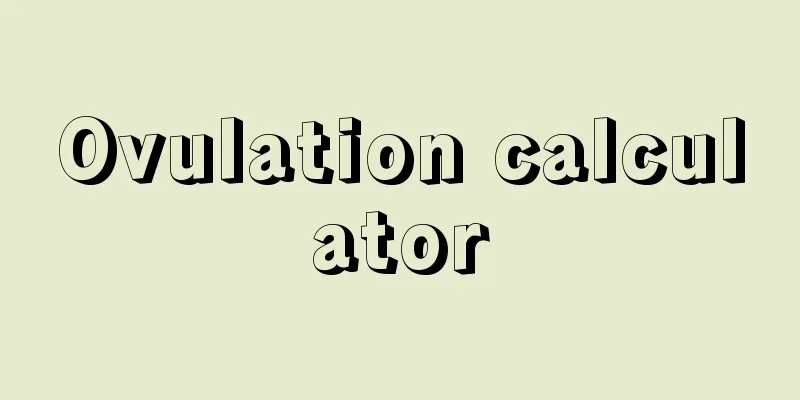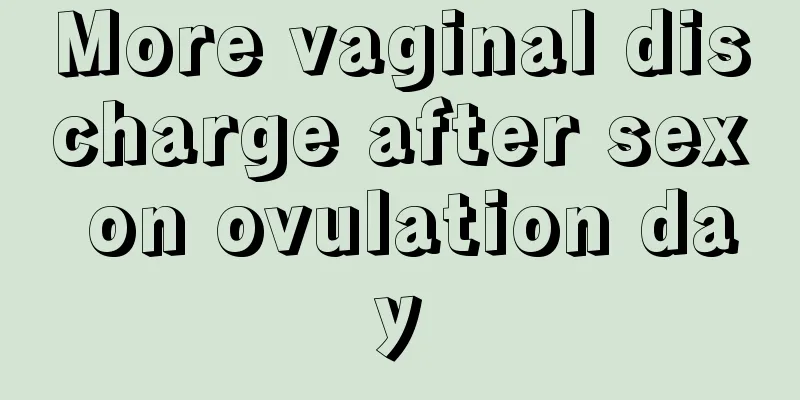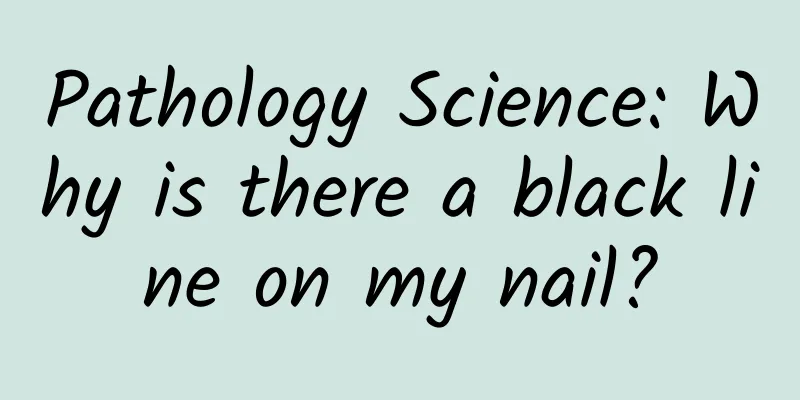Moyamoya disease is a rare cerebrovascular disease. Is there any specific medicine to treat it?
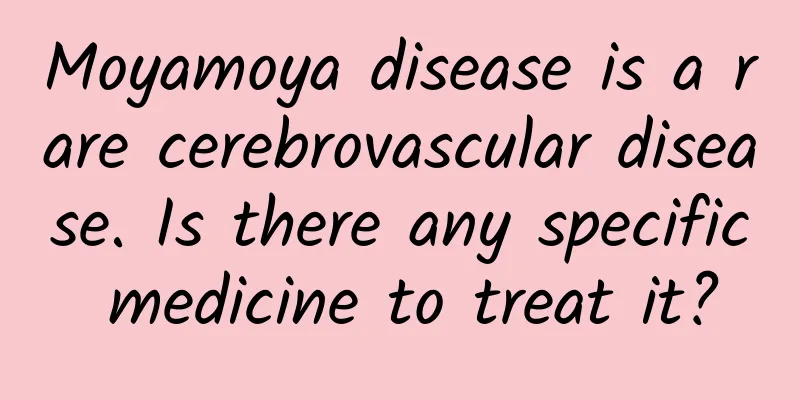
|
Recently, a patient came to the outpatient clinic. The patient is a 45-year-old male. He has a son and recently started dating a girlfriend. The other party requires buying a house before getting married. Thinking about the situation at home, the patient has a headache. Two months ago, the patient was in a bad mood and smoked at home. After smoking a few cigarettes, the corner of his mouth suddenly became crooked and he fell to the ground. After being sent to the hospital, it was found that he had cerebral hemorrhage. After further examination, it was found that the patient had moyamoya disease. The local doctor recommended that the patient undergo surgery. The patient refused, so he came to Beijing for treatment and asked if there was any specific medicine for the treatment of moyamoya disease. The main impact of moyamoya disease on people is cerebral stroke. For some reason, the large blood vessels in the brain of patients with moyamoya disease are blocked, and small compensatory blood vessels are formed around them. If the growth rate of the patient's compensatory blood vessels is faster than the occlusion rate of the large blood vessels, the patient's brain blood supply is sufficient and no abnormalities will occur. On the contrary, the patient's brain blood supply is insufficient, the brain is ischemic and hypoxic, and transient cerebral ischemia and cerebral infarction are prone to occur. The compensatory blood vessels formed around the brain are fragile and prone to rupture. When blood pressure rises, blood vessels cannot withstand the pressure and are prone to bleeding. Some patients are affected by vascular dynamics and have aneurysms. Rupture of aneurysms can also easily cause cerebral hemorrhage. There is currently no specific drug for moyamoya disease. Drugs such as aspirin and Plavix can only temporarily relieve the symptoms of patients with moyamoya disease, but cannot reduce the risk of stroke in patients. Some patients take drugs for a long time and still suffer from stroke in the end, thinking that long-term medication has caused drug resistance. In fact, the patient's moyamoya disease has been developing and has not been effectively controlled. This is because drugs can neither prevent the patient's vascular occlusion nor prevent compensatory vascular rupture. For patients with moyamoya disease, surgical treatment is recommended. There are three types of surgical treatment: direct revascularization, indirect revascularization and combined vascular bypass surgery. There is no difference between these three surgical methods. The specific surgical method to be used should be determined according to the patient's condition. After surgical treatment, the patient's brain blood supply is improved, reducing the risk of stroke. |
Recommend
Why does the left side of the abdomen hurt during pregnancy?
Nowadays, more and more new parents are getting p...
What to add to steamed buns to make them delicious and simple? What to add to steamed buns to make them soft and sweet
As we all know, steamed buns are a common type of...
What should I eat if my follicles are not developing well? These foods are very useful
If a woman is told that her follicles are not dev...
Can I eat clams during my period?
Women are prone to anemia during menstruation due...
What are the food treatments for breast hyperplasia?
As the real economy in modern society continues t...
What is the hydrological environment in Tibet like? What are Tibet's natural resources like?
Tibet covers an area of 1,202,230 square kilome...
Can pregnant women drink sugar water?
White sugar is a very common food and also a rela...
What causes vaginal bleeding after sex?
We all know that sexual life between husband and ...
Should you put ginger in mutton dumplings? When is the best time to put ginger in mutton dumplings?
As we all know, dumplings are a popular type of d...
4-week normal hcg reference range
The hcg value of the human body will change with ...
How many days after menstruation is it easy to get pregnant?
Some young couples have been wanting a baby. Some...
I am almost four months pregnant and still feel nauseous and want to vomit.
Pregnant women will experience symptoms such as n...
Two more anti-aging genes found, possibly related to Alzheimer's disease
Author: Yuan Jie The article comes from the Scien...
How to check whether you can have children
In fact, pregnancy is a relatively complicated pr...
Dull abdominal pain during intercourse
Many people know that they should not have sex du...



